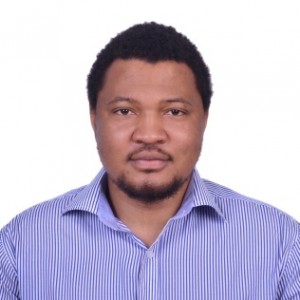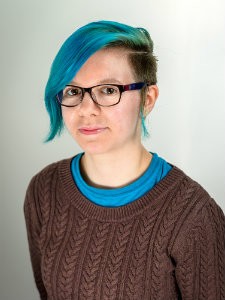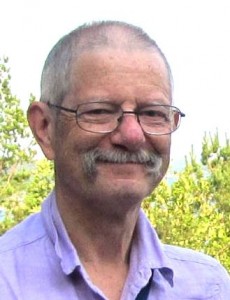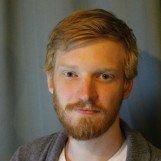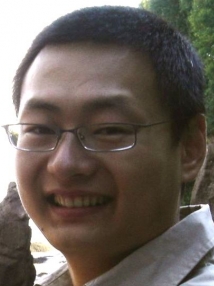As the new academic year gets underway we welcome the following new PhD students to the School. Good luck guys!
Awada
My name is Awada Uchechukwu, I am starting a PhD program with the Systems Research Group at the School of Computer Science, University of St Andrews, where I will be researching on innovative technologies that addresses the current and future data-intensive challenges. Prior to this, I was a PhD research assistant with the Network and Cloud Computing Laboratory at the School of Computer Science and Technology, Dalian University of Technology, China. I received my MEng degree in Computer Applied Technology, from Harbin Engineering University (China) and my BSc in Computer Science from Ebonyi State University (Nigeria).
Fearn
Fearn is interested in the creation of information visualizations. Primarily her research is looking at how children visually represent datasets, and how this knowledge can be used to aid the creation of new visualizations, perhaps also aiding in their accessibility. She also has an interest in tangibles and the physicalization of data. She has blue hair and plays more board games than are necessarily advisable.
Tom
I’m a new PhD student in the department working on Data linkage with direction from Graham and Al. My research is likely to focus on the preservation of provenance in our linkages and how we handle the associated uncertainties while still trying to produce high quality linkage solutions – obviously it’s still month one and we haven’t yet nailed down an exact research question yet, so things are liable to change slightly.My undergrad was also here in the department and so the place, and the people, isn’t all that different to me – but having an office is definitely something that I’m enjoying. I’m originally from Manchester where I spent all of my life before escaping to St Andrews.In my free time I enjoy climbing mountains, watching cycling and cricket, I’m also involved in the CU and the Free Church in town; otherwise I’ll be hidden behind my new camera or in the pub.
Mike
I’m Mike, and I’m originally from the North Wales-Shropshire border region. I graduated from Keele University in 2010 with a dual honours degree in Mathematics and Computer Science. I then worked for 4 years as a computer programmer before coming to St. Andrews in 2014 to complete a Masters in Artificial Intelligence, after which I started my PhD. My hobbies include football, rugby and video gaming and I’m also Secretary of the University’s Real Ale Society.
For my PhD, I’m working with both the School of Computer Science and the School of Medicine, and my research is investigating the use of complex network based computer models to study diseases, in particular tuberculosis. The aim is to create realistic models of human physiology and disease dynamics within the body to aid the testing and discovery of new treatments.
Yo
My name is Hui-Shyong Yeo, but feel free to just call me YO. I am from Malaysia which has the best food in the world.
I graduated from Multimedia University in Malaysia for my undergrad and Dongseo University in Korea for my master. Before coming to St Andrews. I worked as a researcher for one year in UVR Lab, KAIST, Korea.
I am starting my PhD in SACHI, under Prof. Aaron Quigley. I am particularly interested in exploring and developing novel interaction techniques that transcend the barrier between human and computers, especially on topics such as gestural/mid-air interaction, mobile/wearable interaction, augmented/virtual reality and text entry. For my PhD, I am likely to focus on Around Body Interaction with free-hand gestures.
I like to talk about latest research in HCI and I actually maintain a educational fan-page on Facebook for sharing interesting HCI news/papers. Please feel free to have a look.


